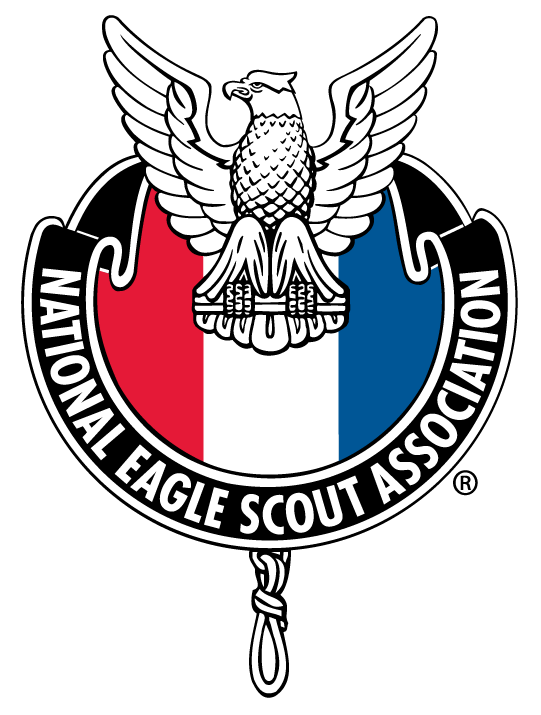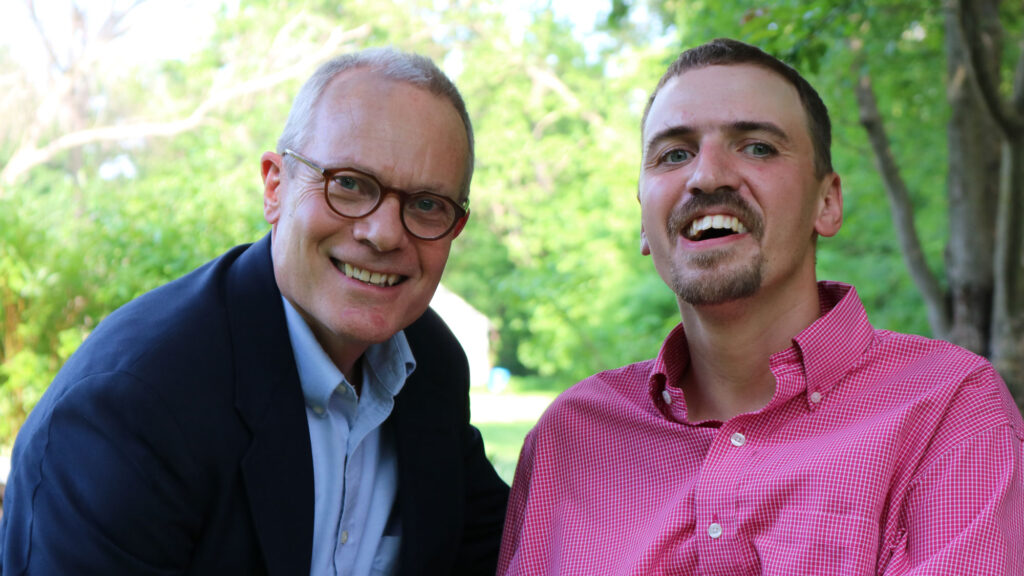By any measure, Eagle Scout Tyler Greene (2006) lived an extraordinary life. In just 31 years, he filled his cup to the brim with family love and close friendships, adventures, and exceptional service above self.
Tyler and his family threw out the word “can’t” when Tyler was very young. There was no place for “can’t.” For Tyler, cerebral palsy and other disabilities simply didn’t matter. Professionals consistently advised what Tyler wouldn’t be able to do. And Tyler just as consistently did them.
For Tyler, whose exemplary life was cut short in November 2021 after an SUV struck his wheelchair, his legacy is as inspiring as the remarkable life he led. Tyler modeled every point of the Scout law, particularly being trustworthy, loyal, kind, cheerful, and reverent.
“While Tyler’s perspective in life was from a standpoint of disability, his attitude was for everyone marginalized by our world today. He was adamant that way,” his father Paul Greene, also an Eagle Scout (1970) said. “Tyler believed we are all made in God’s image…everyone. He was fine with who he was. He wouldn’t have changed a thing, even if he could. That’s a difficult concept for most to comprehend. It was simply who he was. He had no regrets. Despite being told what he would not be able to do, Tyler spent a lifetime of doing,” Paul said.
Four generations of the Greene family have been active in Scouting, starting with Paul’s father. One of Tyler’s two nephews is a new Cub Scout. This, Paul said, would have thrilled Tyler, who loved his family, especially his nephews, niece, and godson.
Despite the preference of the school district, Tyler was fully included in school from preschool through high school, which allowed him to make and keep friends from an early age. He graduated in 2008 from West Waterloo High School in Waterloo, Iowa. Tyler earned an associate degree at Hawkeye Community College and a bachelor’s degree in sociology from the University of Northern Iowa (UNI).
Never one to sit on the sidelines, Tyler enthusiastically continued the proud Scouting tradition in the Greene family. Despite moving about in a wheelchair, he loved the outdoors and participated in all the usual Scouting activities. From participating in Pinewood Derby as a Cub Scout during his early days of Scouting, to later taking part in activities like rock climbing, winter campouts, and volunteering at the National Scout Jamboree, he fully participated in Scouting.
As a member of Troop 2 of the Winnebago Council in Waterloo, also his father’s troop, Tyler did not want to be considered “special.”
“Scouts are Scouts. Tyler was just a regular kid whose dream was to change the way the world interacted with folks with disabilities,” Paul explained. “Tyler enjoyed Scouting a lot, and it was no different for him than for any other Scout. That was because of the Scout leaders we had.”
In addition to his adventures in Scouting, Tyler enjoyed playing softball from his wheelchair, doing karate on his knees, and being in the water, which he loved, “though he sank like a rock,” his father remembers. “The point was never special treatment, simply fair accommodation. He was a gamer, loved theater, and all kinds of music. He was the person you wanted on your trivia team,” Paul said.
This willingness and desire to do whatever anyone else did became the hallmark of Tyler’s life. With support from his parents, siblings, Scouting volunteers, friends, and caring school administrators, Tyler embraced his cerebral palsy and other disabilities.
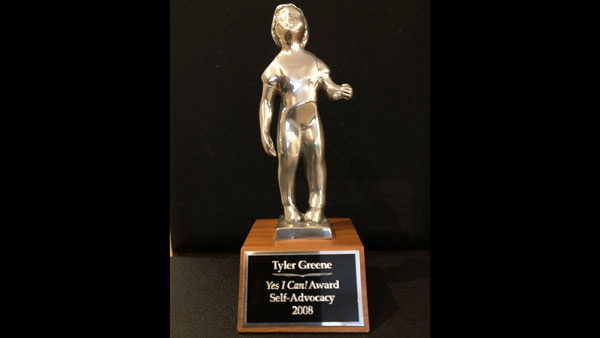
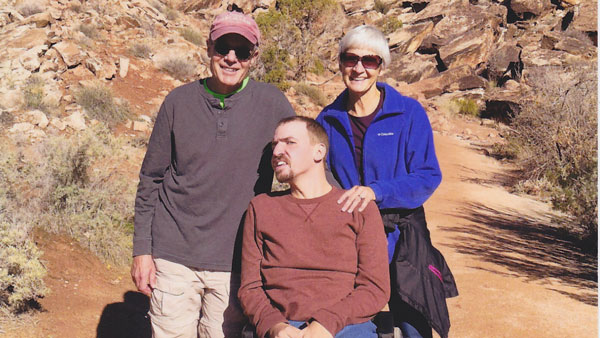
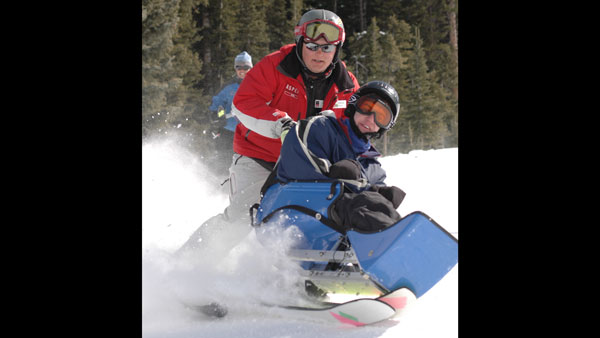
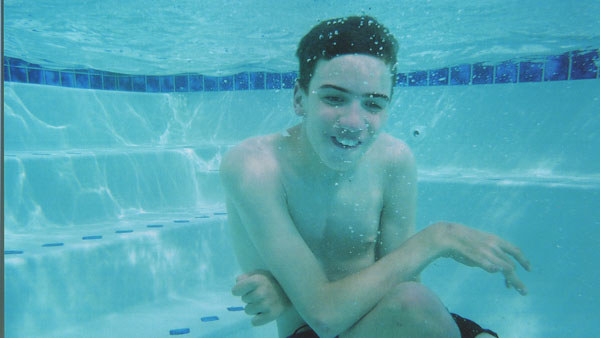
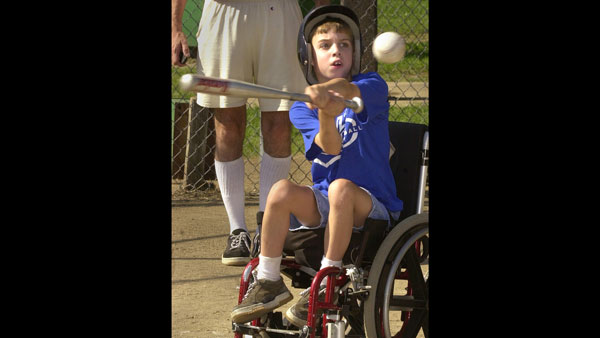
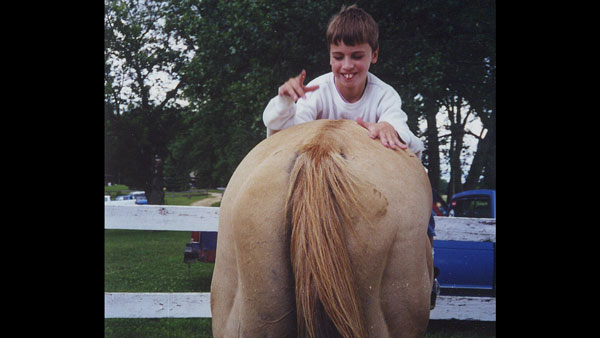
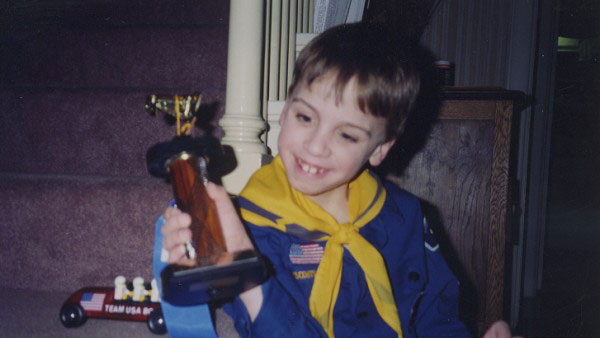
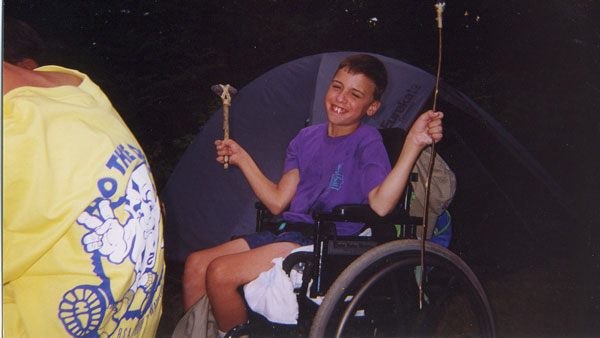
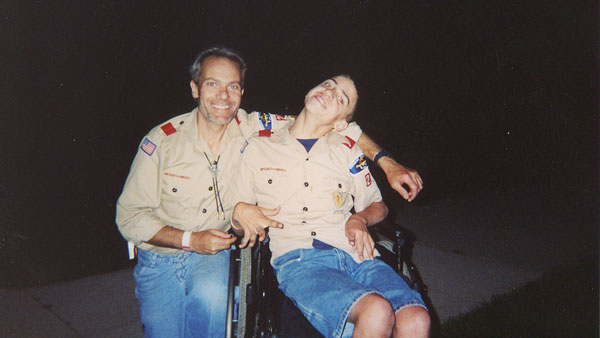

Tyler followed his passion for speaking out on a subject that was of utmost concern to him. His Eagle Scout project was a short educational DVD about ability awareness, defined as the skill of recognizing that what someone can do is much more important than what they can’t do. The popular DVD titled “I’m Tyler…don’t be surprised” was distributed to all Iowa school districts for training of educators and administrators. It is still available on Tyler’s website, www.ImTyler.org. Over 13,000 of these DVDs have been requested from all 50 states and 29 countries. It has been translated in five other languages and, by the most conservative estimates, has touched over a million people.
In 2008, Congress held a reception in Tyler’s honor to celebrate the 18th birthday of the Americans with Disabilities Act where they asked him to speak on Ability Awareness. This led to his membership on several local, state, and national committees and councils. He gained such a prominent reputation that he was called upon to review and offer edits for a hefty State of Iowa manual for paraeducator standards. For Tyler, it was all in a day’s work.
Because of the success of the DVD, he was asked to provide keynote presentations at dozens of local, regional, and national conferences with audiences ranging in size from 100 to 1,800 people. Through his quick wit and humor, Tyler put the audiences at ease. The wheelchair was soon forgotten as the audience laughed and learned with Tyler.
Public speaking was an extension of the awareness and advocacy activities he had begun when he was just eight years old. At that time, he began teaching along with Paul and his mother, Gina, in the classroom of a professor at the University of Northern Iowa. The professor was so impressed with Tyler’s powerful presence and inclusive message that upon her retirement, she funded an endowed UNI scholarship in his name.
Since Tyler’s passing, his message of hope has continued through his parents’ advocacy efforts and through various scholarships and endowments celebrating his life and achievements. They are supported by the Tyler Greene Fund at the Waterloo Community Foundation. One of these awards is the Tyler Greene High School Senior Scholarship.
“Unlike so many other awards that are given, this scholarship is not based on academic achievement or extracurricular activities or even community service hours. It’s about acknowledging someone who has, by their actions, treated other people the way that we all should be treating each other,” Paul explained.
“The young man who won the scholarship is someone who repeatedly stood up for those who are marginalized by our society—not just people with disabilities, but people with different ethnicities, races, genders, and sexual orientations. He is just a fine young man.”
It is a fitting tribute to the outstanding young man for whom the award is named.
“At Tyler’s passing, we became much more aware of how many people he touched that we never knew about,” Paul said, noting all the cards and communications that flooded in from people they didn’t even know.
“But Tyler did. When he was out on his walks, people would come out of their houses to talk with him. As someone said, there were simply no strangers in Tyler’s life, just people he hadn’t met yet.”
